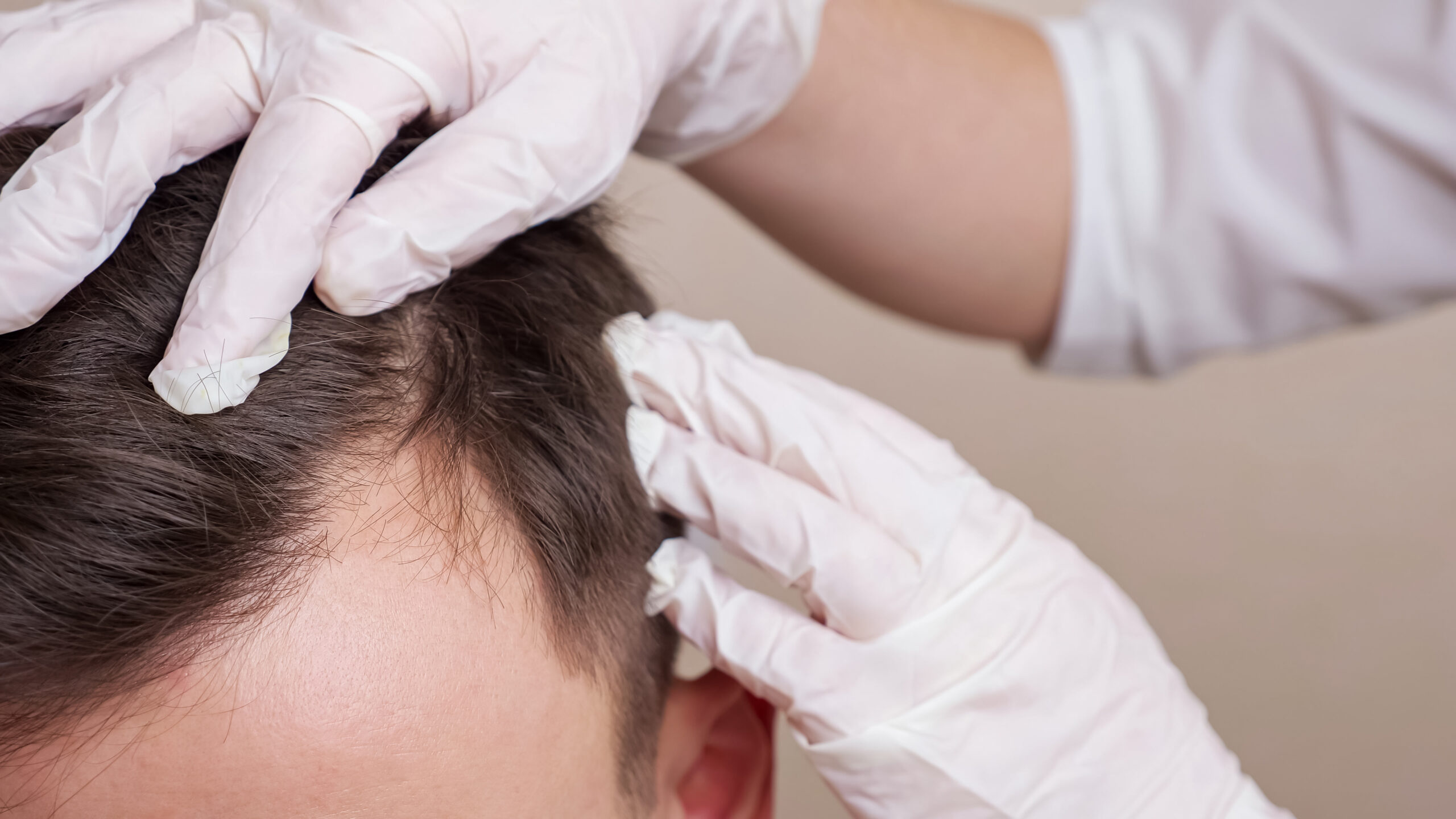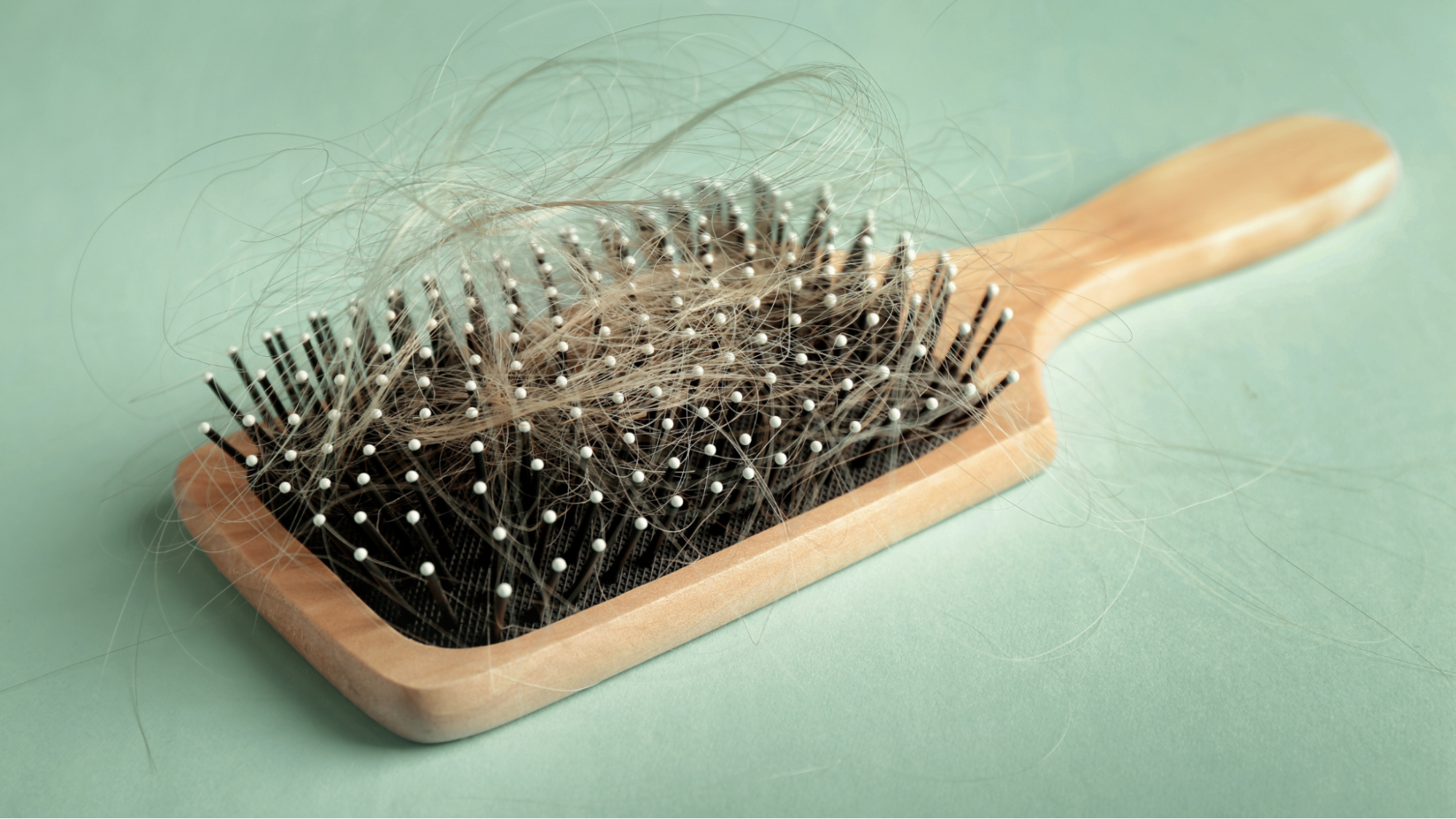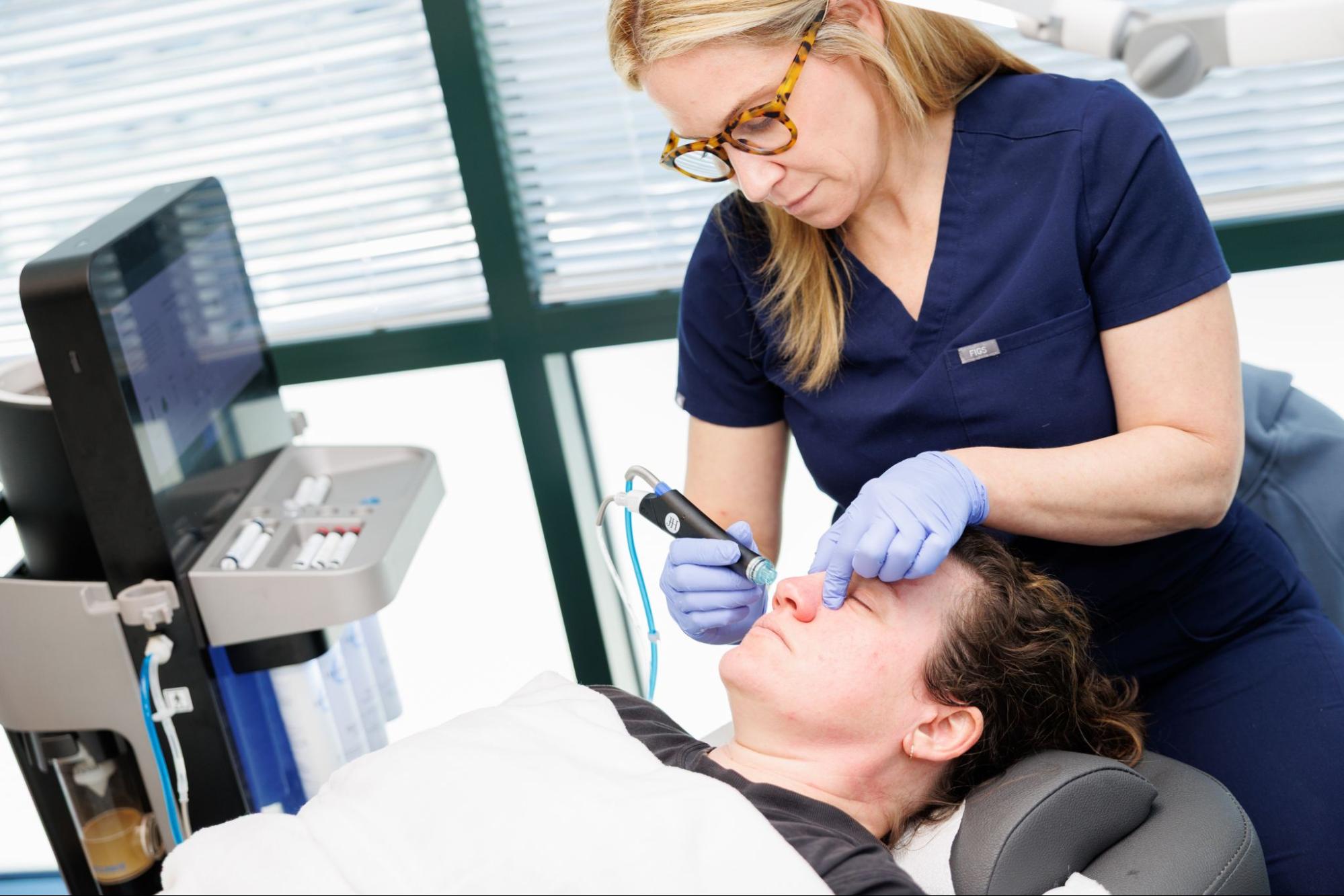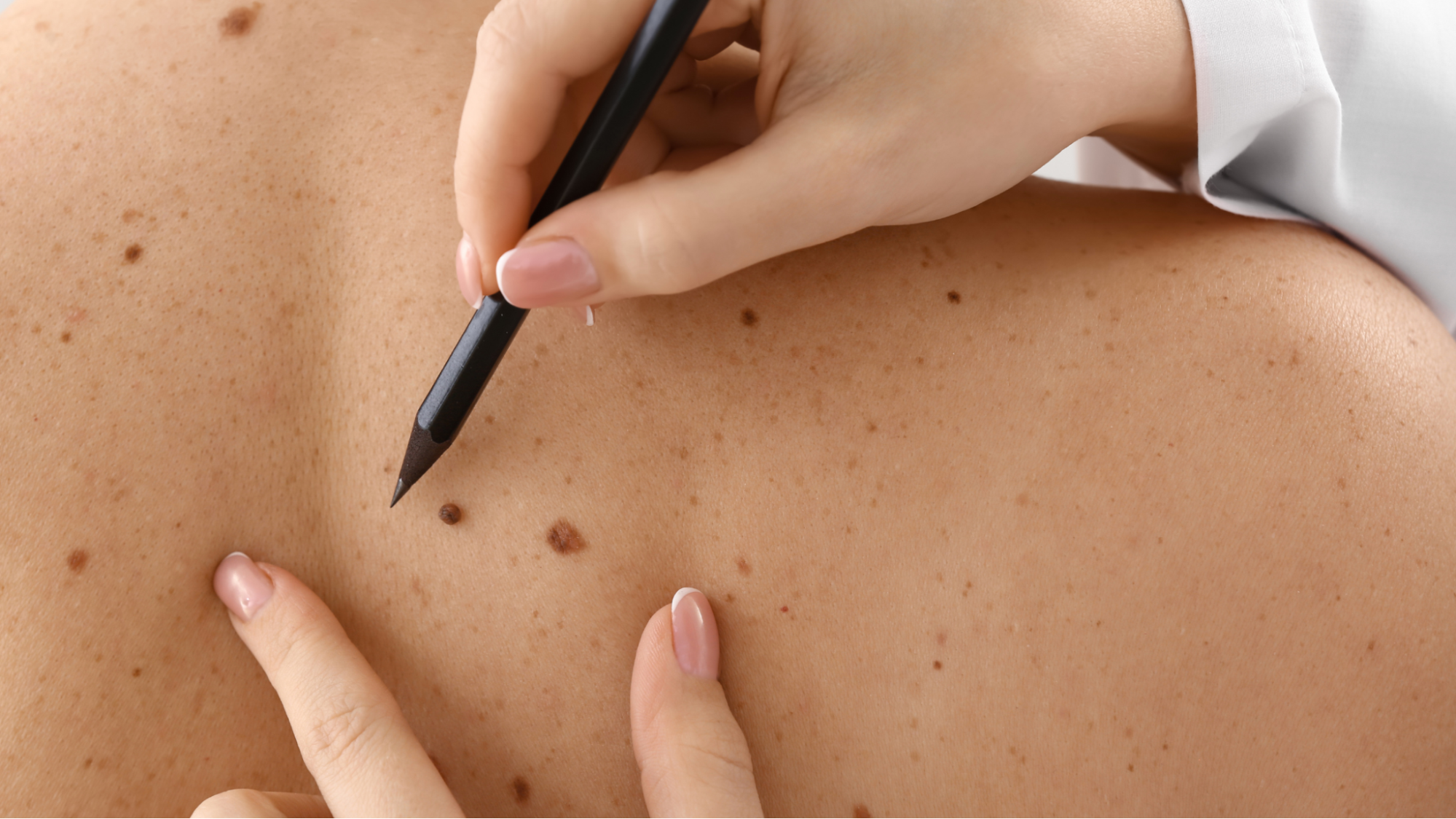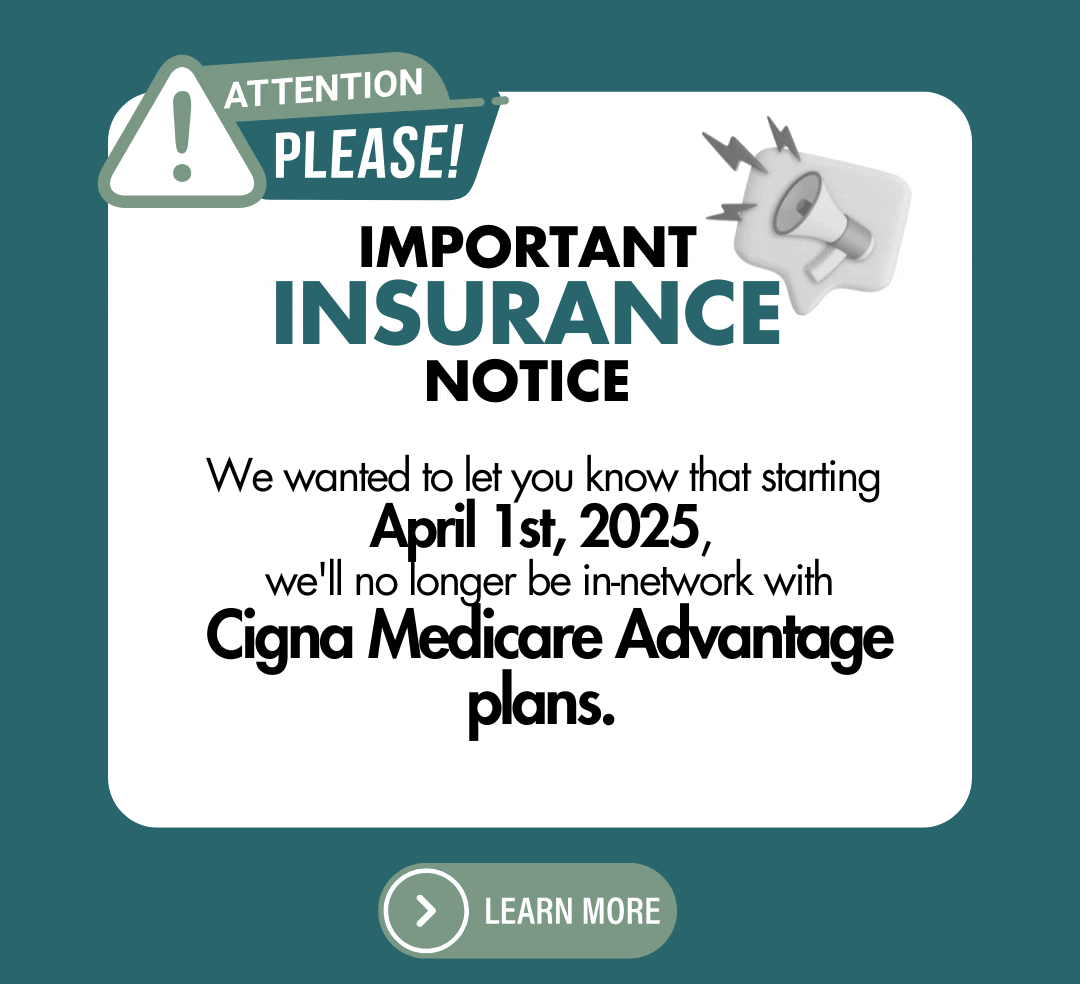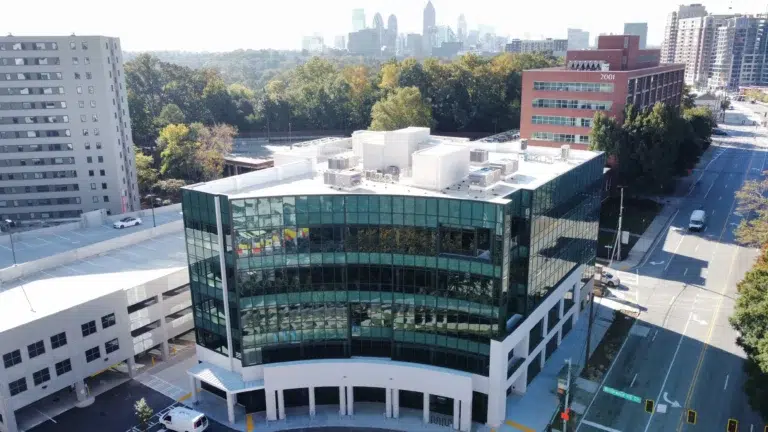Hair loss can be a troubling and confidence-sapping condition. For many, it’s something that they never expected to have to deal with until the age of 50 or older. However, due to various conditions including hormones, medicines, stress, scalp disease and more – hair loss can occur at any age. As medical professionals in the field of Dermatology, it’s important for us to understand the different hair loss conditions our patients may face as well as how best we can treat them.
Both men and women are affected by different types of hair loss conditions due to a variety of factors. In men, common causes such as androgenic alopecia or male-pattern baldness are related to hormones and genetics. In women, hormonal changes due to thyroid dysfunction or pregnancy can cause diffuse thinning. Other causes can include certain medications, chemotherapy treatments, autoimmune diseases, and fungal infections. Regardless of the cause of your hair loss, appropriate diagnosis and treatment can help restore healthy-looking hair and improve confidence.
Hair Loss Conditions
While hair loss is a natural process that occurs as we age, there are some conditions that can accelerate this.
Telogen Effluvium (TE)
Telogen Effluvium is a type of hair loss that is caused by a disruption in the hair growth cycle, resulting in excessive shedding of hair. The good news is that TE is a reversible condition, and hair typically regrows within six months to a year. The best treatment approach for TE is to identify and address the underlying cause of the hair loss. This may include managing stress levels, improving nutrition, correcting hormonal imbalances, or discontinuing medications that may be contributing to the hair loss.
Androgenetic Alopecia (AGA)
Androgenetic Alopecia is a type of hair loss that is caused by genetic factors and hormonal imbalances. While AGA is not curable, there are several treatment options available to slow or stop the progression of hair loss and stimulate new hair growth. Medications like minoxidil and finasteride are commonly used to treat AGA, as they help to block the effects of hormones on the hair follicles. Other treatment options include low-level laser therapy, platelet-rich plasma (PRP) therapy, and hair transplant surgery.
Alopecia Areata (AA)
Alopecia Areata is an autoimmune disorder that causes hair loss in patches on the scalp or other parts of the body. While there is no cure for AA, there are several treatment options available to help manage the condition and promote hair regrowth. Corticosteroid medications, such as topical creams, injections, or oral pills, are often used to reduce inflammation and promote hair growth. Other treatment options include immunotherapy, which involves stimulating an allergic reaction on the scalp to help regrow hair, and topical immunomodulators, which help to suppress the immune response.
Central Centrifugal Cicatricial Alopecia (CCCA)
Central Centrifugal Cicatricial Alopecia is a type of hair loss that affects primarily women of African descent. The condition is characterized by inflammation and scarring of the hair follicles, which can lead to permanent hair loss. While there is no cure for CCCA, early diagnosis and treatment can help to slow or stop the progression of the condition and prevent further hair loss. Treatment options may include corticosteroid medications, topical immunomodulators, or oral antibiotics, which help to reduce inflammation and prevent further scarring.
Hirsutism
Hirsutism is a condition characterized by excessive hair growth in women in areas where hair is normally minimal or absent, such as the face, chest, and back. While there is no cure for hirsutism, several treatment options are available to help manage the condition and reduce hair growth. These include oral contraceptives, which can help regulate hormones and reduce hair growth, anti-androgen medications, which block the effects of male hormones on the hair follicles, and topical hair-removal creams.
Treatment Options for Hair Loss
No matter what the cause, there are many options available for treating hair loss. These vary from medical treatments and restorative surgery, to alternative therapies like laser therapy, dietary supplements, and natural home remedies. It is important to find an effective treatment option that is best suited to you and your individual needs, otherwise you run the risk of increasing your hair loss further or exacerbating other health issues. One of our board-certified dermatologists can help you make sense of the possible treatment options and determine the best course of action.
Nutritional Tips To Aid in Hair Loss Treatment
Nutritional adjustments may play an important role in the successful treatment of hair loss, regardless of the underlying cause. Eating a balanced diet that is rich in vitamins and minerals can boost scalp health, reduce inflammation, and help keep the scalp and follicles healthy. Adding certain nutrients, like Vitamin A, biotin and zinc to your diet has been known to support healthier hairs naturally. Additionally, minimizing processed foods and increasing fruits, vegetables and whole grains helps provide hair health benefits as these nutrient dense foods can nourish both the body and scalp from within.
Hair Loss Evaluation & Guidance
If you are experiencing hair loss, it is important to seek the advice of a dermatologist. Our team can help you identify the underlying cause of your hair loss and recommend a personalized treatment plan. This may include medication, hair restoration procedures, or lifestyle changes to improve your overall health.
At Georgia Skin Specialists, we are committed to helping our patients achieve healthy, beautiful hair and skin. If you are experiencing hair loss, contact us today to schedule a consultation. We are here to help you look and feel your best!

